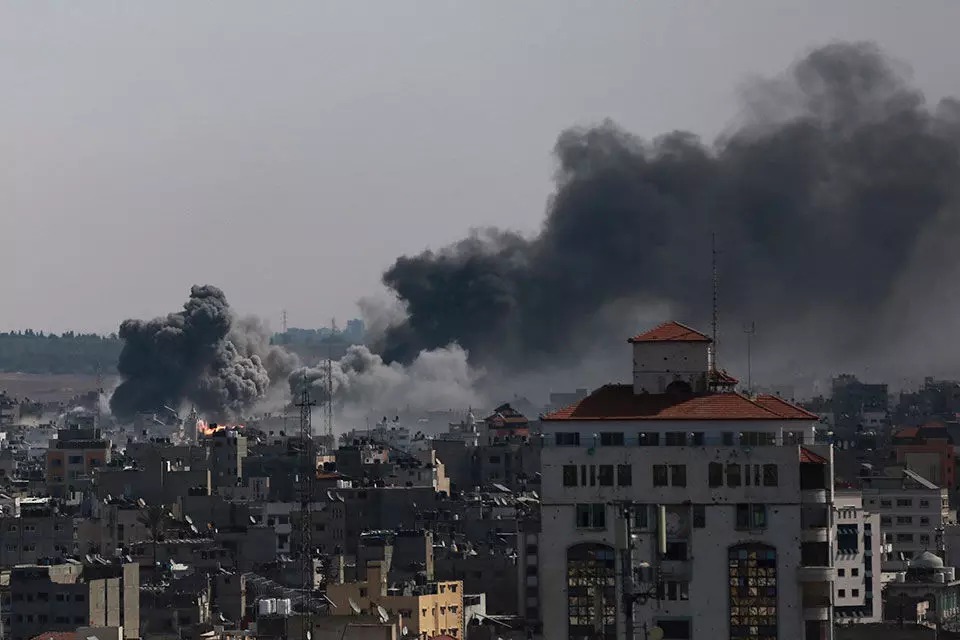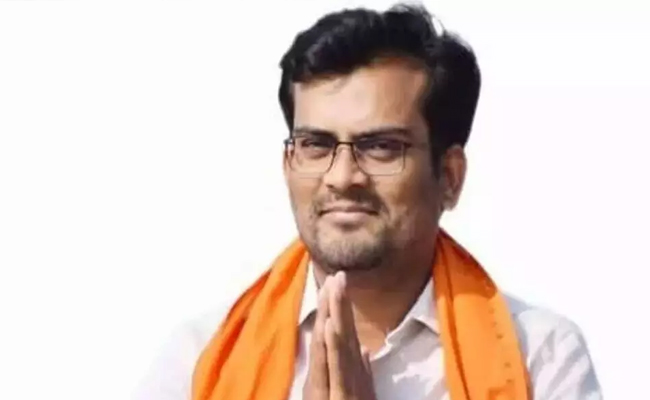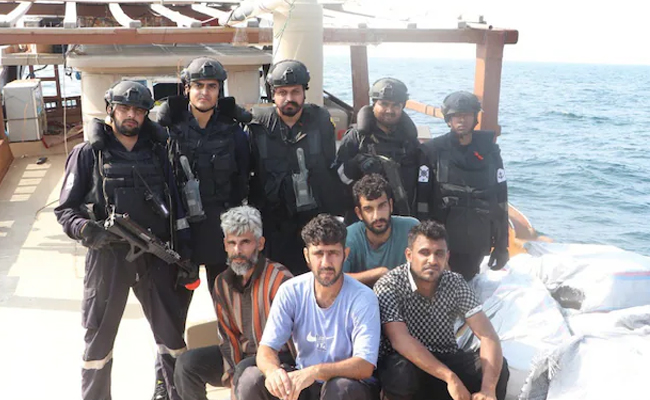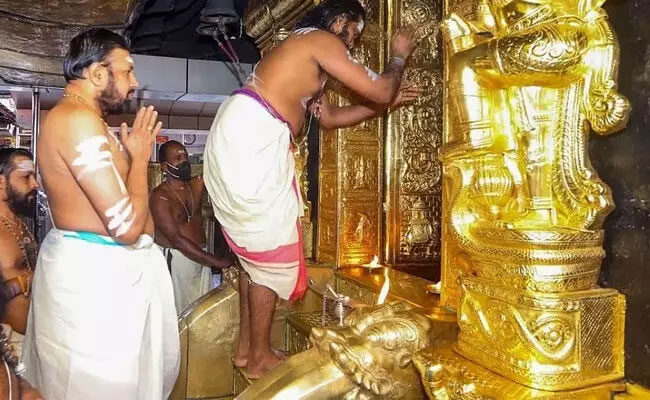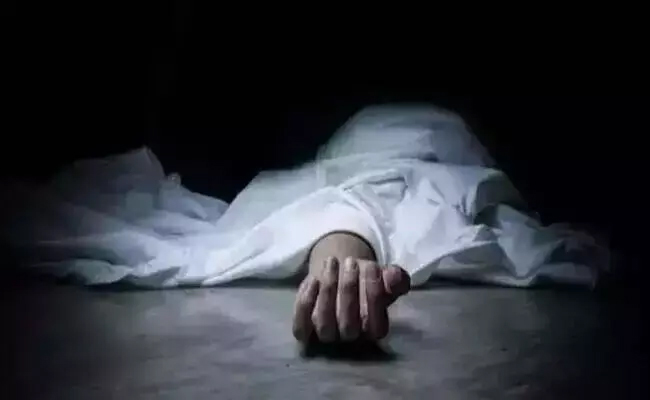The once-familiar environment of Nasser Hospital in Gaza has transformed into a shelter for both the war-wounded and displaced civilians, a far cry from its typical operations just a year ago. Located in Khan Younis, it is now one of the few medical facilities still functioning amidst the devastating conflict in the Gaza Strip. The hospital’s courtyards and corridors are filled with those seeking refuge, while its staff, including many newly arrived doctors, continue their work under extremely challenging conditions.
Dr. Mohammed Abu Mughaisib, deputy medical coordinator for Médecins Sans Frontières (MSF) in Palestine, has been at the forefront of this crisis. Having moved between different medical sites during the past year, he describes how hospitals, once structured and organized spaces for treating patients, have become makeshift shelters. "Hospitals are no longer the places we used to know. Families have brought tents, and people are sleeping in car parks and wards, believing they will be safe here," he said in an interview with The Guardian.
However, hospitals have not been immune to the violence. The United Nations has reported over 500 attacks on healthcare facilities in Gaza over the past 12 months, including bombings and raids on major hospitals such as Nasser Hospital and Gaza City's Al-Shifa Hospital. In January and February, Nasser Hospital itself was raided by Israeli forces, with some staff and displaced individuals reporting instances of torture.
Amid this chaos, healthcare workers like Dr. Mughaisib have been personally affected. While working tirelessly to care for others, they have also had to grapple with the safety of their own families. Dr. Mughaisib’s wife and children narrowly escaped an airstrike in November, prompting him to evacuate them to Cairo in February for their safety. Despite these personal struggles, he continues his vital work in Gaza.
With much of the Israeli military focus shifting to Khan Younis, including targeting Nasser Hospital itself, Dr. Mughaisib and his team have repeatedly had to move, including a stint at the Rafah Indonesian Field Hospital. This facility, like many others, later became a target, forcing both medical staff and civilians to seek safety elsewhere once again.
The ongoing conflict has left Gaza’s healthcare system in ruins. According to the UN, only 17 hospitals remain partially operational, while 19 have been completely shut down. Most primary healthcare centers are no longer functioning, leaving many patients without access to critical medical care. Dr. Mughaisib and his colleagues are not only dealing with conflict-related injuries but also seeing a rise in cases of infectious diseases like gastroenteritis, skin infections, and hepatitis A, exacerbated by poor living conditions and contaminated water supplies.
Despite the immense challenges, moments of hope still surface. Dr. Mughaisib recalls the emotional toll of treating severely injured children but also takes comfort in the ability to bring them brief moments of joy. "I always remember the children – those who have lost limbs, those who suffer severe injuries. As a doctor, I must stay strong for them, but they are the patients I will never forget," he shared.
The hospital continues to operate using generators, which sometimes fail due to fuel shortages, forcing staff to work under constant uncertainty. Calls for a ceasefire, which the doctors say are urgently needed, have gone unanswered for months. "After a year of conflict, the word ceasefire feels like a distant dream. We hoped it would come during Ramadan or Eid, or even by the end of summer, but it hasn’t happened," Dr. Mughaisib said, reflecting the weariness and uncertainty of those on the frontlines of this humanitarian crisis.
(This report is based on information provided by The Guardian)
Let the Truth be known. If you read VB and like VB, please be a VB Supporter and Help us deliver the Truth to one and all.
Bengaluru (PTI): BJP MLA Dr Chandru Lamani, caught allegedly accepting a Rs 5 lakh bribe from a contractor, has been remanded to judicial custody until March 3.
The Shirahatti MLA, a doctor, was brought from Gadag to Bengaluru on Saturday night and produced before a Special Court for Public Representatives, sources said.
The court remanded him to custody until March 3.
The MLA was caught in a Lokayukta trap following a complaint by Vijay Pujar, a Class-1 contractor from Chinchali in Gadag district.
Lokayukta officials said the alleged bribe was linked to Minor Irrigation Department works, including the construction of retaining walls along a road. The accused had demanded Rs 11 lakh from the complainant to execute the project, and Rs 5 lakh was accepted during the trap.
Along with Lamani, his personal assistants, Manjunath Valmiki and Guru Naik, were also arrested in connection with the case.

